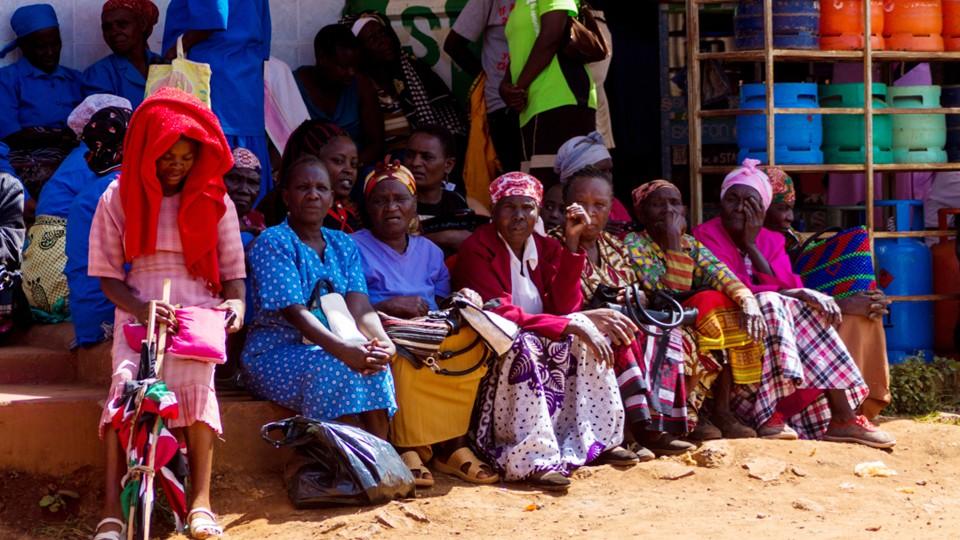Strong phase 3 data boosts Novartis' Ibrance rival

Pfizer’s Ibrance has already established itself as a blockbuster breast cancer drug – but Novartis is closing in with its rival, ribociclib, with strong phase 3 data.
Last month the FDA granted a faster six-month priority review for ribociclib, as opposed to the standard 10 month review period.
This follows a Breakthrough Therapy Designation earlier this year, where the FDA promises to expedite development and review for the most promising and badly-needed drugs.
Additional analyses from the phase 3 MONALEESA-2 study that show ribociclib, codenamed LEE011, plus letrozole significantly prolonged progression-free survival (PFS) across pre-planned patient subgroups with hormone receptor positive, human epidermal growth factor receptor-2 negative (HR+/HER2-) advanced or metastatic breast cancer, including newly diagnosed post-menopausal women diagnosed those with visceral liver and lung metastases, and those with bone-only disease.
Novartis said findings demonstrate the strength of LEE011 plus letrozole in first-line use, showing that treatment benefit was evident across all patient subgroups regardless of their disease burden or tumour location, including those patients with aggressive disease.
Results came from a predefined subgroup analysis evaluating safety and efficacy of LEE011 plus letrozole, versus letrozole alone in 227 patients with de novo advanced breast cancer, defined as disease found to be metastatic at first time of diagnosis.
Because de novo disease has not been previously treated with systemic treatment for early-stage breast cancer, tumours may exhibit a different disease biology, which could result in varied responses compared to patients who experienced recurrence.
In patients with de novo advanced breast cancer, LEE011 plus letrozole reduced the risk of disease progression or death by 55% over letrozole alone.
The 12-month PFS rate was 82% in the LEE011 plus letrozole arm compared to 66% with letrozole alone.
Consistent with the overall study population, most adverse events were mild to moderate in severity, identified early through routine monitoring, and generally managed through dose interruption and reduction, said Novartis.
The most common grade 3/4 adverse events of patients with de novo advanced breast cancer were neutropenia, occurring in 55% of the LEE011 arm and barely 1% in the letrozole arm, and leukopenia (21.1% in the LEE011 arm vs. 0% in the letrozole arm).
The FDA approved Ibrance conditionally based on early data, and Pfizer last month announced confirmatory late-stage data that it hopes will lead to a full US approval.
Ibrance sales in Q3 alone were $550 million, although analysts had expected the figure to be even higher.
Ribociclib is a selective cyclin dependent kinase inhibitor, a class of drugs that help slow the progression of cancer by inhibiting two proteins called cyclin dependent kinase 4 and 6 (CDK4/6). These proteins, when over-activated in a cell, can enable cancer cells to grow and divide too quickly.
It was developed by the Novartis Institutes for BioMedical Research (NIBR) under a research collaboration with UK biotech, Astex Pharmaceuticals.












